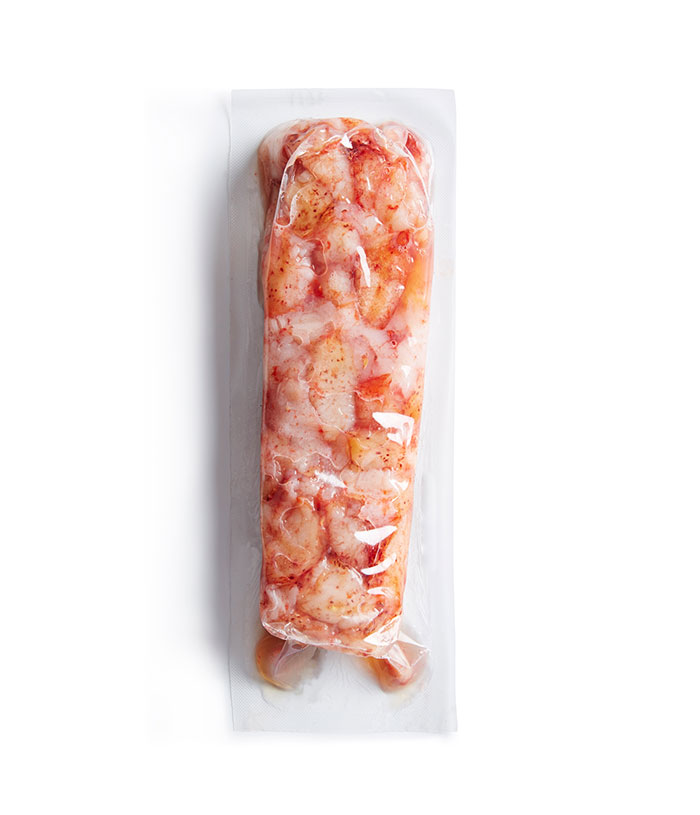227g per pack of Wild Hard-shell Canadian lobster whole knuckles, peeled raw, deep-frozen. Lobsters are a great source of selenium and also contain omega-3 fatty acids. They can help protect against thyroid disease, depression, and anemia. Lobster (knuckles) can serve as the main source of protein in a meal. Defrost frozen lobster in the refrigerator, not at room temperature.
Lobster is a type of shellfish that is typically prepared by boiling or steaming. It can be eaten as a main course, enjoyed as a sandwich filler, or added to rich dishes like pasta, mashed potatoes, and eggs Benedict.
Despite its desirable reputation today, lobster was not always known as a pricey indulgence. In the 17th century, colonists in Massachusetts considered lobster shells in a home to be a sign of poverty and only fed lobster to their servants. In the 1940s, it was possible to buy a can of baked beans for 53 cents per pound and canned lobster for 11 cents per pound.
Lobster is now seen as a delicacy, in part because of the discovery that cooking the lobster live made it more appetizing, as opposed to killing it first and cooking it later.
This MNT Knowledge Center feature is part of a collection of articles on the health benefits of popular foods. It provides a nutritional breakdown of lobster and an in-depth look at its possible health benefits, as well as ways to incorporate more lobster into your diet, and any potential health risks of consuming lobster. Article
Recipe:
Other product suggestions:










